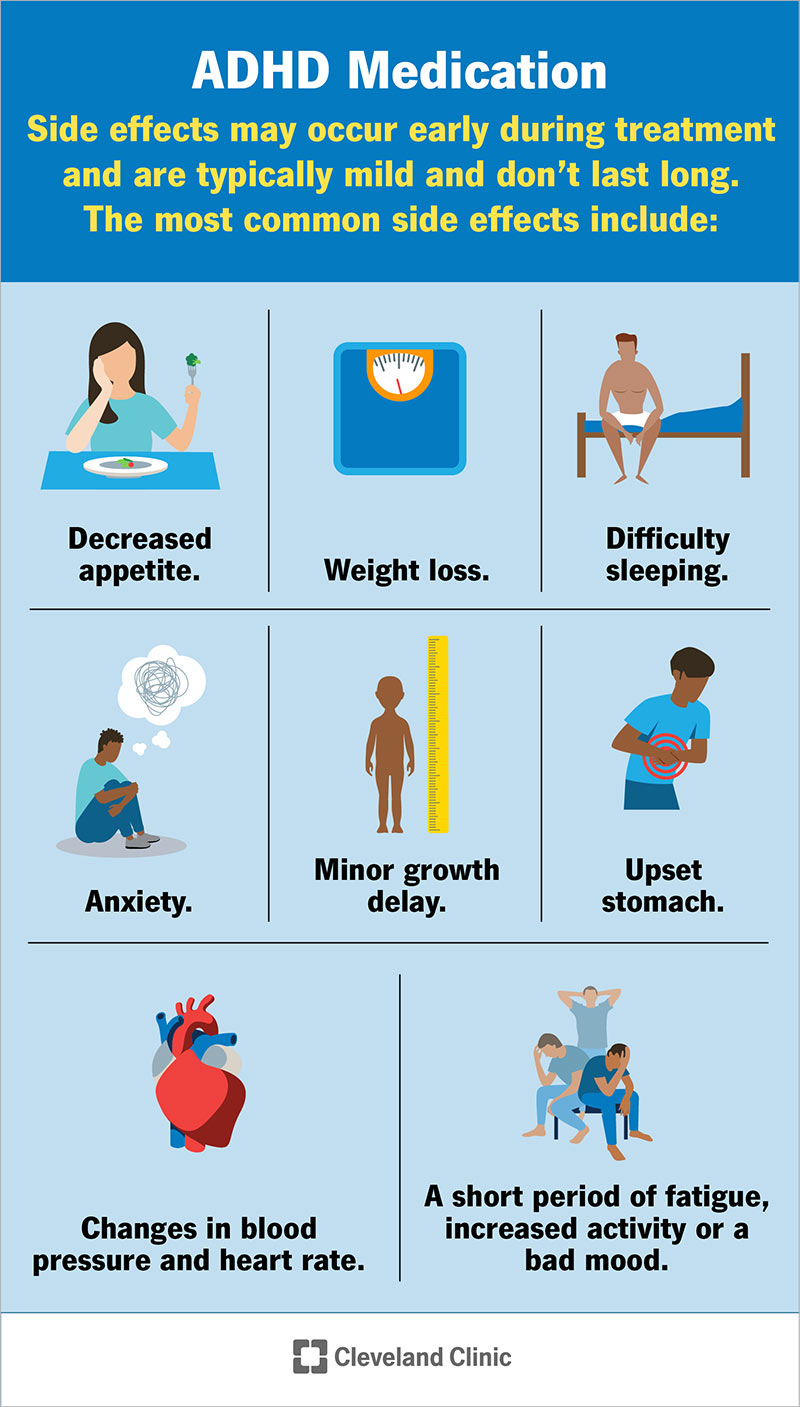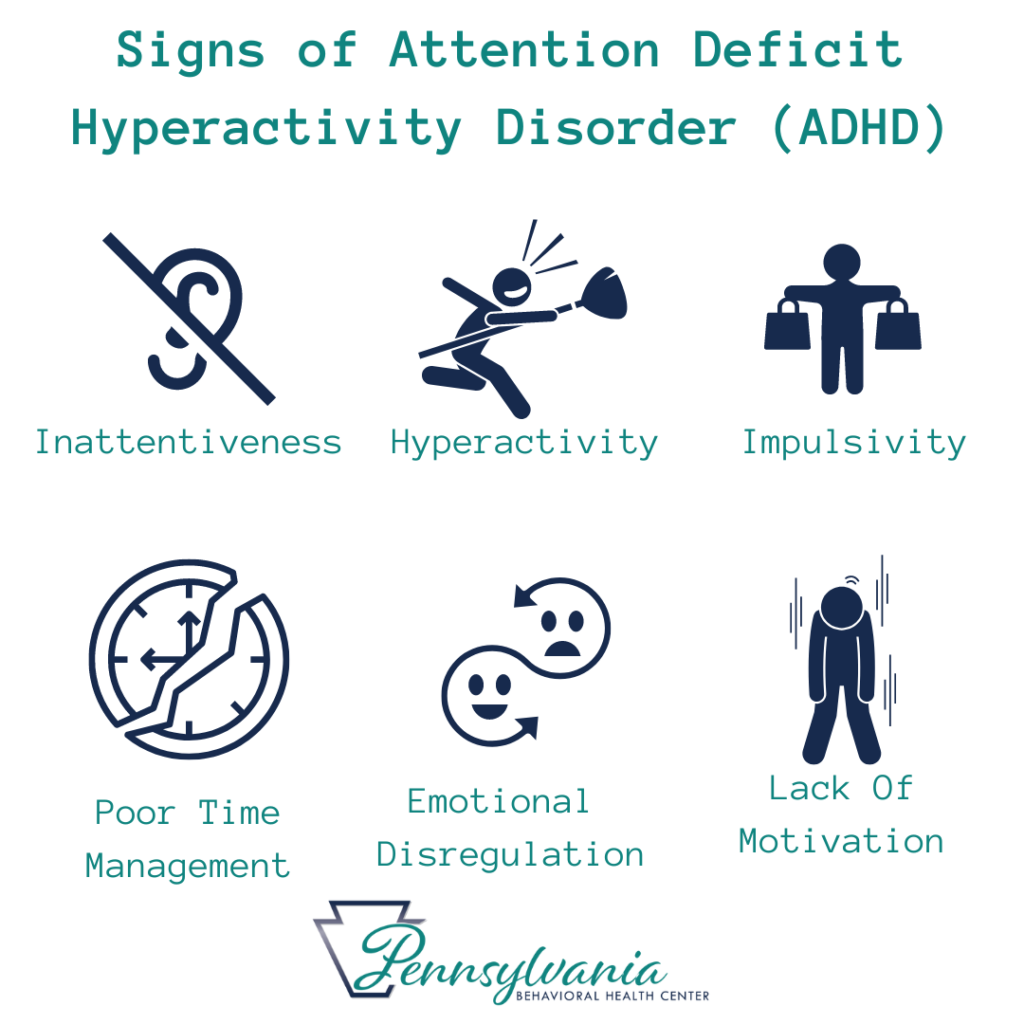Experienced ADHD Treatment for Managing Symptoms
Experienced ADHD Treatment for Managing Symptoms
Blog Article
The Advantages of Customized ADHD Therapy Strategies for Better Outcomes
The application of personalized ADHD treatment strategies has actually emerged as a critical technique in improving therapeutic results for people influenced by this problem. By acknowledging the one-of-a-kind indications of ADHD in each person, these personalized treatments promote better engagement and inspiration, inevitably leading to much more efficient coping strategies. This tailored method not just addresses scholastic and job-related challenges but also promotes improved social relationships and total top quality of life. Nonetheless, the true extent of these benefits raises important inquiries about the specific components that add to long-term success and how they can be optimized for diverse populaces.
Comprehending ADHD Variability
Although Attention-Deficit/Hyperactivity Disorder (ADHD) is typically perceived as a single condition, its indications can differ considerably among people. This irregularity is affected by a series of factors, consisting of age, gender, existing side-by-side problems, and environmental contexts. As an example, children with ADHD might exhibit hyper behaviors, while grownups may mostly have problem with attention deficits. Sex distinctions likewise contribute, as males are extra frequently detected with ADHD and typically present a lot more overt signs, whereas ladies may provide with much less apparent inattentiveness.
Moreover, people with ADHD may experience a spectrum of emotional and behavioral difficulties, such as anxiety or oppositional defiance, that can complicate diagnosis and therapy. The interaction of these variables can cause varied experiences of ADHD, requiring a nuanced understanding of the condition. It is also worth keeping in mind that ADHD can provide in a different way across various social contexts, affecting exactly how signs and symptoms are recognized and dealt with. This understanding highlights the value of acknowledging ADHD as a diverse problem, which requires customized techniques to therapy that take into consideration the special requirements and experiences of each individual.
Secret Parts of Personalization
Individualized ADHD therapy plans are grounded in several key parts that make sure efficient management of the problem. An extensive analysis is vital, including standard ranking ranges, meetings, and behavior observations. This comprehensive analysis enables clinicians to comprehend the individual's special symptoms, staminas, and obstacles.
Second, the participation of several stakeholders, consisting of parents, educators, and the individual, adds to a holistic sight of the person's demands. Collaboration cultivates a supportive atmosphere that can adjust to the individual's context and way of living.
Third, treatment plans ought to be adaptable and adaptable, permitting alterations based on continuous responses and the individual's developing demands. This flexibility allows the assimilation of various therapeutic techniques, such as behavior interventions, psychoeducation, and medication administration.
In addition, social and contextual factors need to be considered. Identifying the individual's history, worths, and preferences guarantees that the treatment is pertinent and respectful.
Finally, routine follow-ups and analyses are vital to keep track of development and make needed changes. By concentrating on these vital elements, personalized ADHD therapy plans can considerably boost the effectiveness of interventions, resulting in boosted outcomes for people with ADHD.
Improved Engagement and Motivation
To efficiently advertise improved interaction and motivation in individuals with ADHD, it is vital to integrate techniques that resonate with their interests and strengths. Personalized therapy plans that straighten with a person's interests can cause boosted participation in restorative tasks, fostering a sense of ownership and interest for the process.
Using interactive and creative methods can likewise dramatically boost motivation. Incorporating gamification components or real-world applications of skills can make tasks a lot more enticing and pertinent. This not only records interest but additionally strengthens learning with pleasurable experiences.
Moreover, setting achievable and purposeful goals customized to the individual can strengthen motivation. When about his people see their progress in the direction of personally considerable objectives, they are most likely to stay engaged. Regular comments and recognition of achievements can further endure motivation, producing a favorable feedback loophole that urges continued initiative.
Lastly, promoting an encouraging environment where people really feel understood and valued can substantially influence their engagement degrees. When therapy plans are established collaboratively, including input from the person, they are more probable to really feel spent in their trip, eventually causing boosted outcomes in handling ADHD.
Improved Coping Approaches
Developing improved coping methods is critical for people with ADHD, as it furnishes them with effective tools to navigate everyday obstacles. A personalized treatment plan permits the identification of particular coping systems customized to the person's one-of-a-kind blog demands and circumstances - ADHD treatment. Techniques such as mindfulness, time management skills, and organizational methods can be incorporated right into day-to-day regimens, cultivating a feeling of control and minimizing anxiousness
Mindfulness techniques, consisting of reflection and deep-breathing exercises, help individuals with ADHD concentrate their interest and control their emotions. Time administration techniques, such as utilizing timers or breaking jobs right into smaller sized, workable steps, can reduce feelings of bewilder. In addition, business tools like planners and checklists can enhance efficiency and liability.
Lasting Favorable Outcomes
Executing customized ADHD therapy strategies can result in substantial lasting favorable outcomes for people. These customized methods, which consider one-of-a-kind signs, preferences, and life circumstances, facilitate more reliable administration of ADHD symptoms with time. By concentrating on the specific demands of the individual, these strategies improve adherence to treatment protocols and foster better interaction in healing tasks.

Moreover, tailored therapy plans can dramatically minimize browse around this site the risk of comorbid problems, such as stress and anxiety and anxiety, which are commonly related to ADHD. Early treatment and constant assistance assistance people develop resilience and coping methods, promoting general mental wellness.
Inevitably, the long-term positive results of personalized ADHD treatment intends not just boost the top quality of life for individuals yet also contribute to their general health and success in various life domains. This alternative strategy underscores the significance of personalized treatment in managing ADHD efficiently.
Verdict

Report this page